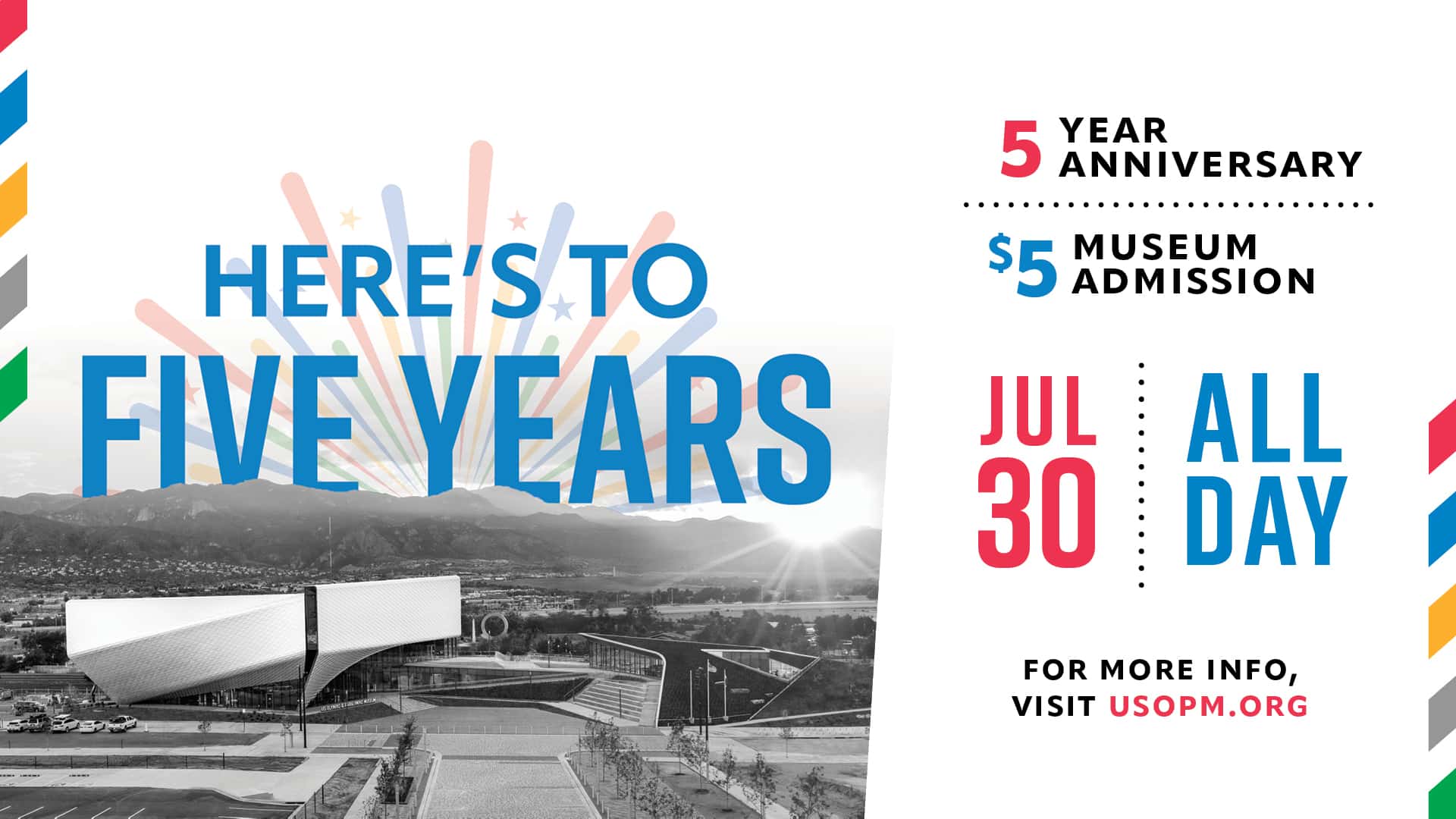The Olympic and Paralympic Games have been extremely resilient since Baron Pierre de Coubertin began staging the modern Olympic Games in 1896. Outside of World War I and World War II, the postponement of the Tokyo 2020 Olympic and Paralympic Games is the biggest disruption to the world’s largest sporting event.
“It is incredibly rare,” Olympic historian Bill Mallon said. “Really, this is the first significant postponement.”
The only cancellations of the Olympic and Olympic Winter Games were because of war.
The Berlin 1916 Olympic Games were cancelled because of World War I.
The 1940 Olympic and Olympic Winter Games, originally scheduled to be held in Japan, were cancelled because of World War II. The London 1944 Olympic Games and the Cortina d’Ampezzo 1944 OIympic Winter Games also were cancelled because of World War II.
The World War cancellations delayed several elite American athletes from competing for Olympic gold.
Swimmer Duke Kahanamoku continued his remarkable career after the World War I delay. Kahanamoku, perhaps best known for spreading the sport of surfing (which will make its Olympic debut at Tokyo) worldwide, won gold in 100-meter freestyle and silver in the 4×200-meter freestyle relay at Stockholm 1912. Eight years later at Antwerp 1920, he won gold in those same events and added a silver in the 100 freestyle at Paris 1924.
Weightlifter John Davis won his first world championship in 1938 but did not compete in an Olympics until winning gold at London 1948 and repeating as the Olympic champion at Helsinki 1952.
High jumper Alice Coachman won her first AAU national championship in 1939 but had to wait until London 1948 to make her Olympic debut, where she was the only American woman to a win gold medal.
A few American athletes continued their Winter Olympic careers after World War II. Jack Heaton had won silver in skeleton at St. Moritz 1928 and bronze in the two-man bobsled at Lake Placid 1932; he won silver in skeleton at St. Moritz 1948. Bobsledders Frank Tyler and Jim Bickford Jr. competed at Garmisch-Partenkirchen 1936 and returned to medal at St. Moritz 1948, with Tyler winning gold and Bickford bronze in the four-man bobsled.
Gretchen Fraser was a rising star in the 1940s and shined at St. Moritz 1948, becoming the first-ever American skier to win a gold medal, winning the women’s slalom. She also won silver in the women’s combined. And it was at St. Moritz where then-18-year-old Dick Button began revolutionizing figure skating, winning the first of his two gold medals.
Through the years, there have been a few smaller disturbances to the Olympic schedule:
- In 1904, the Games were originally scheduled for Chicago before being held in St. Louis in conjunction with the World’s Fair.
- London hosted the 1908 Games after Rome faced significant economic pressure to give up the Games.
- Melbourne was awarded the 1956 Games, but the equestrian events were held in Stockholm several months prior because Australian officials stipulated that any horses coming into the country were subject to a six-month quarantine.
- At Munich 1972, Olympic events were postponed one day after Palestinian terrorists killed 11 Israeli athletes and one police officer.
- The 1976 Winter Games were awarded to Denver but subsequently moved to Innsbruck.
- At Atlanta 1996, some events were temporarily delayed following the Centennial Olympic Park bombing.














